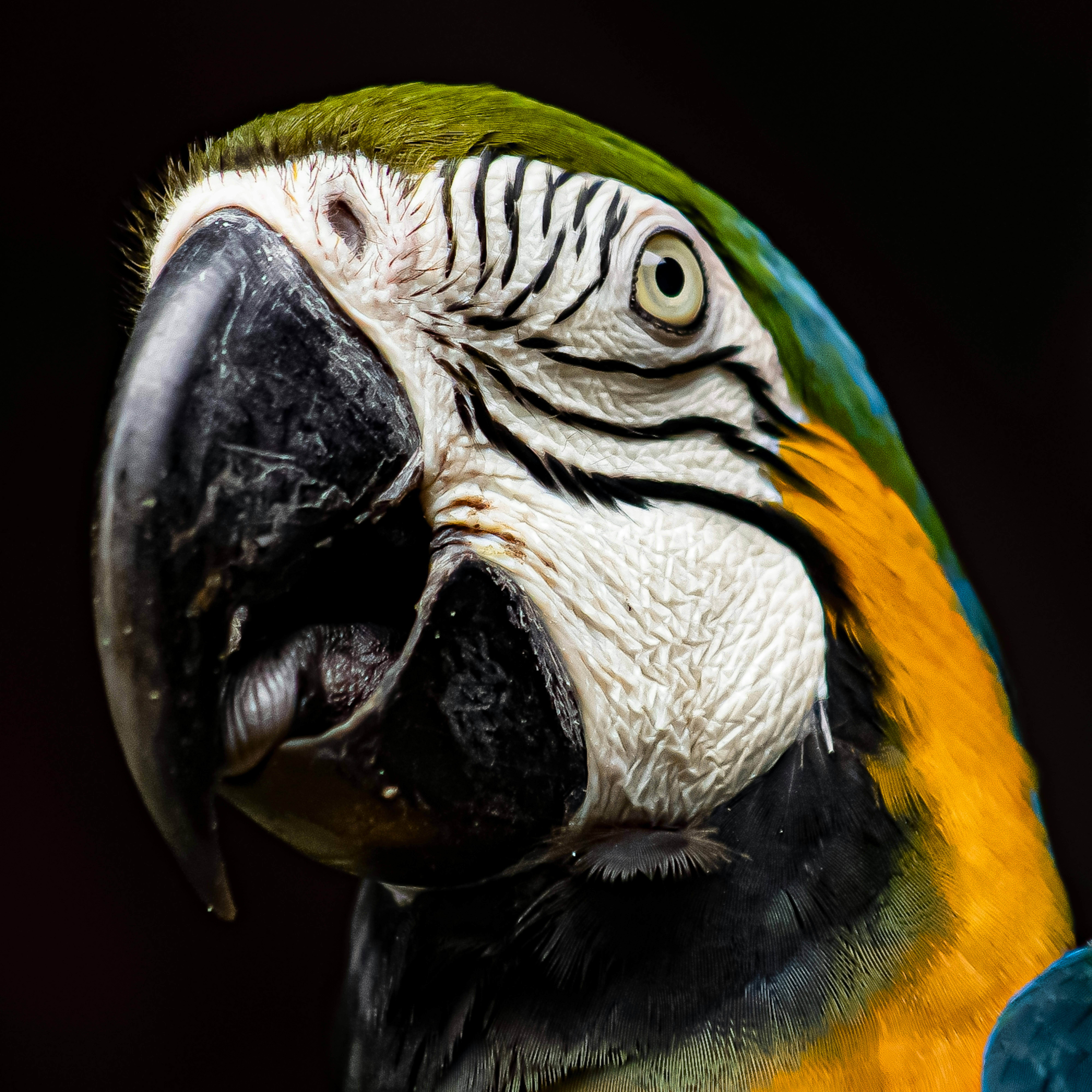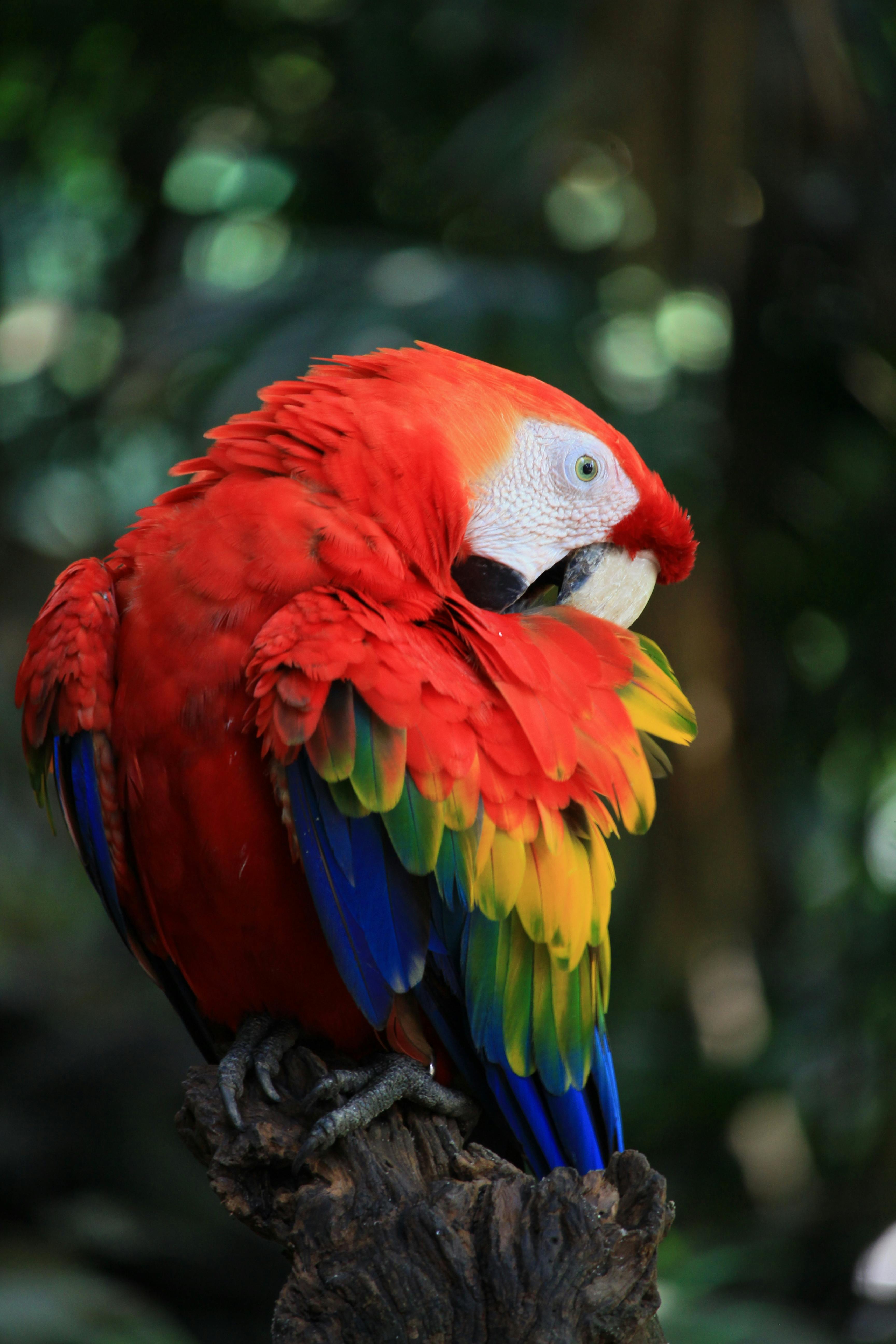
Smart Guide to Understanding Rabbit Teeth: What Humans Need to Know in 2025
Understanding the intricate relationship between rabbit teeth and human dental anatomy is essential for both pet owners and veterinary professionals. As we venture into 2025, heightened awareness of rabbit dental health becomes paramount, especially in the context of care practices and nutritional requirements. Notably, rabbit teeth are unique in structure and function, which leads to significant differences when compared to human teeth. This guide aims to explore the fascinating world of rabbit dental characteristics, common problems, and effective care techniques.
In this article, you will discover the differences in dental structures between rabbits and humans, explore common dental issues faced by rabbits, and learn useful tips to ensure optimal dental care for your furry companions. Additionally, we will delve into rabbit dental evolution, discuss dental care practices for human oral health, and highlight the importance of regular check-ups for both rabbits and humans. Let's dive into the realm of rabbit teeth!
Understanding Rabbit Dental Structure and Growth
Building on our foundational knowledge of rabbit care, we now delve into the specifics of rabbit dental structure. Rabbits possess a unique dental anatomy, well-adapted to their herbivorous diet. Their dentition includes a set of continuously growing incisors and molars designed for grinding tough plant material. Unlike humans, whose teeth stop growing after reaching maturity, rabbit teeth can keep growing throughout their lives.
The Unique Structure of Rabbit Teeth
Rabbit teeth consist of four incisors in the front of the mouth, situated above and below, which are used for cutting and nibbling. Their molars, situated at the back, are crucial for grinding down food. This dual-function design helps rabbits effectively process various plant fibers. An interesting point to consider is the enamel thickness of rabbit teeth, which differs from human dental enamel, making them more susceptible to certain types of tooth decay.
Rabbit Incisor Growth and Care
Incisor growth requires consistent wear for optimal health. If rabbits cannot naturally wear down their incisors through chewing, issues such as overgrown teeth can arise, leading to pain and difficulty eating. Dental check-ups are essential for monitoring the growth of these teeth, as overgrown incisors may require veterinary intervention.
Rabbit Molar Functionality
Rabbit molars play a vital role in their chewing mechanism, allowing them to break down fibrous foods efficiently. A well-balanced diet rich in hay, fresh vegetables, and limited pellets is crucial for maintaining good dental health. Rabbits also need a source of abrasive material to wear down their molars naturally. Ingredients like wood blocks or untreated branches can support this process and help prevent dental problems.
Dental Differences Between Rabbits and Humans
With these fundamental ideas established, we can compare rabbit teeth with human teeth, revealing intriguing dental differences that affect care practices for each species. Understanding these variations is key for effective rabbit care.
Human Dental Anatomy Basics
Humans possess a different set of teeth, including incisors, canines, premolars, and molars, which serve varied functions in their diets. Unlike rabbits, human teeth are not continuously growing, marking a key difference in dental management. Typically, adult humans have 32 teeth, while an adult rabbit can have anywhere from 28 to 30 teeth, depending on the presence of extra molars.
Key Differences in Tooth Development
Rabbit tooth development occurs much faster than in humans. Human baby teeth erupt in a predictable sequence, while rabbit teeth develop in response to their dietary needs. This signifies the importance of providing appropriate nutrition for rabbits, as their teeth must maintain functional health throughout their lives.
Dental Care Practices: A Comparison
Both rabbits and humans require proper dental care practices, but the approach significantly differs. Regular dental examinations are crucial for addressing potential issues early. While human dental care can include cosmetic procedures such as teeth whitening and orthodontics, rabbit dental care typically focuses on preventing malocclusions and addressing any dental abnormalities through routine check-ups with a rabbit vet.
Common Rabbit Dental Problems and Solutions
Following our examination of dental differences, it's vital to address common dental problems faced by rabbits and how best to mitigate them. Maintaining rabbit dental health can prevent costly veterinary treatments in the long run.
Common Dental Problems in Rabbits
Rabbits often face dental issues such as overgrown teeth, tooth fractures, and tooth decay. Overgrowth can be particularly problematic, resulting in misalignment or impaction. Signs of dental discomfort may include drooling, loss of appetite, and changes in chewing behavior. Recognizing these symptoms early can lead to better outcomes.
Effective Rabbit Dental Treatments
Preventive care is crucial in rabbit dentistry. Regular dental check-ups should include dental X-rays to monitor tooth roots and overall dental health. If malocclusions or overgrowths are detected, treatments such as tooth extraction may become necessary. Veterinary specialists can perform these procedures efficiently while ensuring the rabbit's safety and comfort.
Nutritional Support for Rabbit Dental Health
The rabbit diet plays a significant role in maintaining dental health. A diet rich in fibrous materials encourages natural wear on teeth, reducing the likelihood of overgrowth. Providing high-quality hay, fresh vegetables, and appropriate chew toys significantly enhances their dental care routine. Educating rabbit owners about the relationship between diet and dental health is essential.
The Importance of Regular Dental Check-ups
With a thorough understanding of rabbit dental problems, we should now focus on the importance of routine dental check-ups for both rabbits and humans. Regular visits ensure that potential dental issues are recognized and managed before they escalate.
Why Regular Check-ups Matter
Regular dental examinations for rabbits help track growth patterns and detect abnormalities early. Just as humans are encouraged to visit a dentist biannually, similar practices can prevent orphaned dental issues in rabbits from spiraling out of control. Additionally, consulting with a rabbit vet about specific tooth concerns can aid in maintaining overall health.
Signs Your Rabbit Needs a Check-up
Rabbit owners should keep an eye out for signs such as changes in eating habits, excessive drooling, or visible tooth problems. If any of these symptoms are present, it may indicate dental issues requiring prompt veterinary attention. Responding quickly to concerning signs can save your rabbit from pain and discomfort, allowing for a better quality of life.
Coordinated Care Between Rabbit and Human Dentists
Coordinating care between rabbit and human dentists underscores the differences in dental needs for both species. Collaboration may benefit pet owners who have both rabbits and other pets, guiding them toward a holistic approach to dental health across species.
Conclusion: Dental Awareness as a Key Component in Care
Understanding rabbit teeth in connection with human dental anatomy is vital for anyone involved in rabbit care. Recognizing the differences in dental structures, common issues, and care recommendations can cultivate better health for our furry friends. As we move forward into 2025, the importance of maintaining aware and proactive dental care for rabbits will continue to grow.
Ultimately, fostering good dental hygiene practices for rabbits and humans alike not only enhances oral health but also promotes overall well-being and longevity. Establishing a routine that includes regular check-ups, proper nutrition, and understanding common dental issues provides the foundation for a happy, healthy life for rabbits.
For more information on rabbit health, consider exploring resources on rabbit care and rabbit nutrition.

